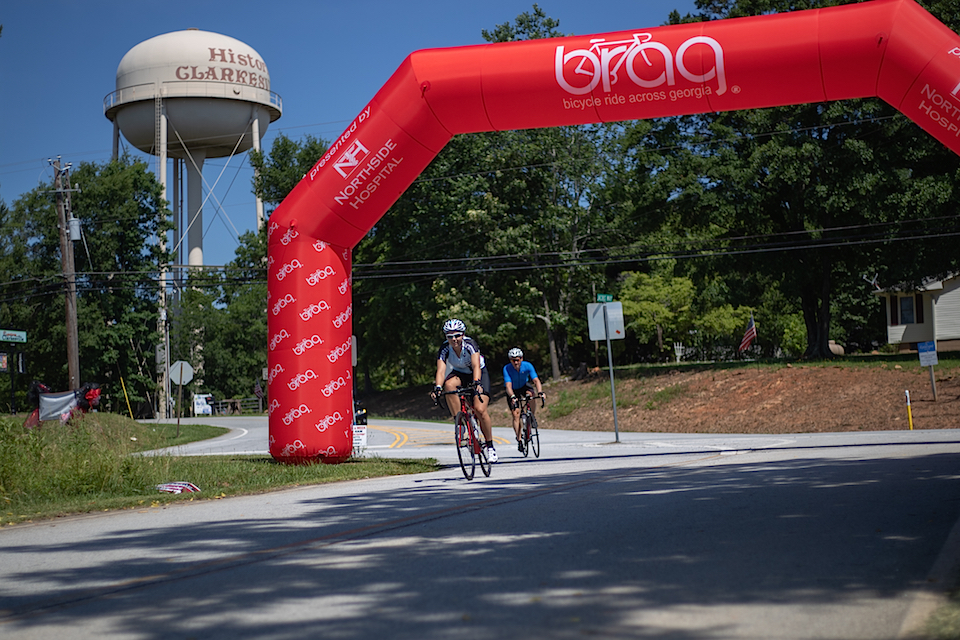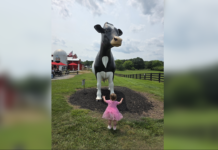
When the clouds roll in this time of year, they aren’t always gray or white, sometimes they are yellow. Yes, the dreaded pollen season is upon us, or as we refer to it in the South, “The Pollening”. Sounds like a horror movie title, doesn’t it? If you are prone to allergies pollen can be horrid.
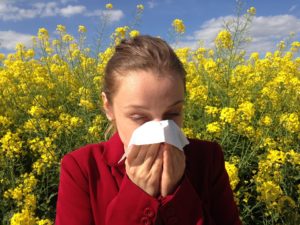 Besides the visible pine pollen, spring means flower buds and blooming trees — and if you’re one of the millions of people who have seasonal allergies, it also means sneezing, congestion, a runny nose, and other bothersome symptoms. Seasonal allergies — also called hay fever and allergic rhinitis — can make you miserable.
Besides the visible pine pollen, spring means flower buds and blooming trees — and if you’re one of the millions of people who have seasonal allergies, it also means sneezing, congestion, a runny nose, and other bothersome symptoms. Seasonal allergies — also called hay fever and allergic rhinitis — can make you miserable.
There is a question as to whether pine pollen that may now be covering your car, your patio furniture, and every other visible outdoor surface is really the problem.
Is it what you see or what you don’t see?
Dr. Andy Nish is an allergist with the NGPG Allergy and Asthma Care Center in Gainesville. He says adolescents are more prone to allergies than adults who sometimes outgrow the challenge.
“Some people are more genetically prone to allergies than others. Many times we see children outgrow those sinus and allergy problems. Plus, there is a dispute over whether the pine pollen you see is really the culprit for allergies at any age. Many doctors and researchers believe those particles are too large to enter the nasal passages but not so with other tree and grass pollens,” according to Dr. Nish.

Bob Jeswald, who is a meteorologist and reports on air quality, recommends this link for our area if you want to know the highs and lows of pollen and allergy.
https://www.accuweather.com/en/us/clarkesville/30523/allergies-weather/332428?name=ragweed-pollen
At least you’ll know what might be aggravating your sinuses and the site is updated frequently.
Best advice for allergy sufferers
The weather is beautiful this time of year. If you love being outside to grill, putter in the yard, or if you work outdoors, there are some steps you can take to make all of those experiences less stressful if allergies have got the best of you.
Dr. Nish advises the following:
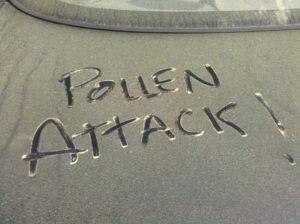
- If possible, avoid being outside first thing in the morning or in the late evening when pollen counts are highest.
- Keep windows closed in your home and in your car.
- There are several effective over-the-counter medications that may help including nasal steroids such as Flonase and Nasacort. Oral antihistamines and decongestants might also give you some relief.
Dr. Nish says, “If none of those help your allergy symptoms you may need to see an allergy specialist. Allergy shots can be very successful for relief.”
Other ways to reduce your exposure to allergy triggers
To reduce your exposure to the things that trigger your allergy signs and symptoms:
- Stay indoors on dry, windy days. The best time to go outside is after a good rain, which helps clear pollen from the air.
- Delegate lawn mowing, weed pulling,
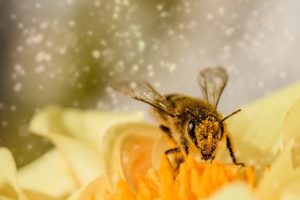 and other gardening chores that stir up allergens.
and other gardening chores that stir up allergens. - Remove clothes you’ve worn outside and shower to rinse pollen from your skin and hair.
- Don’t hang laundry outside — pollen can stick to sheets and towels.
- Wear a pollen mask if you do outside chores.
At this lovely time of year when we would rather be outside than inside, we hope this helps you breathe a little easier. Achoo! Bless you!





